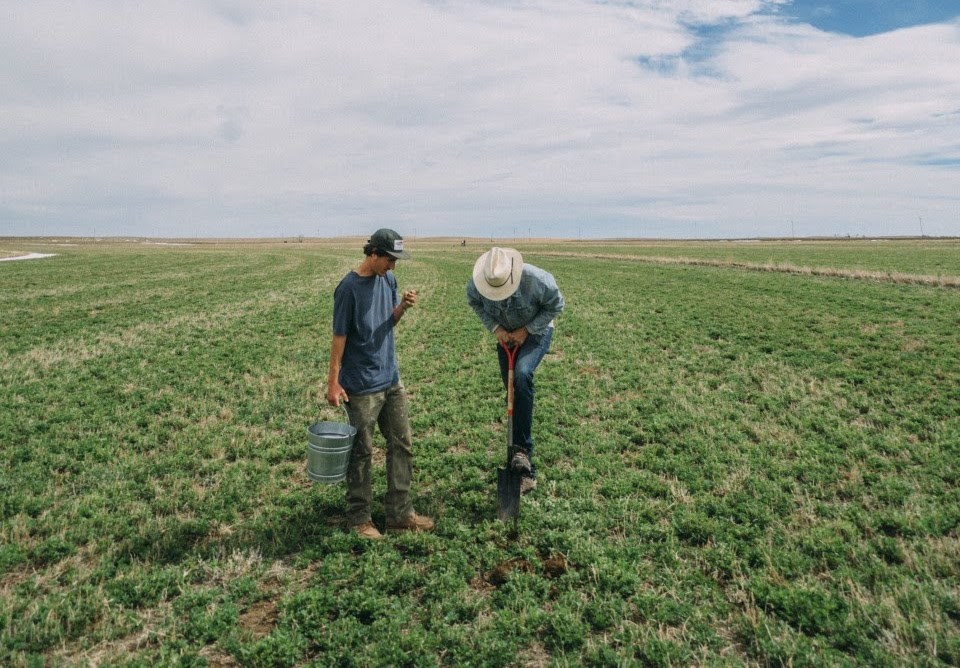NEWS RELEASE
BOULDER COUNTY
*************************
Boulder County is one of 13 local and municipal governments from across the country selected to receive a cooperative agreement that will provide project funding and support from the U.S. Department of Agriculture to promote community compost and waste reduction.
The funds will support the launch of a pilot project, Restore Colorado: A Table to Farm Movement. This project aims to increase access to compost for agricultural producers, improve soil quality, and encourage innovative, scalable waste management plans that reduce and divert food waste from landfills.
Through Restore Colorado, Boulder County will collaborate with nonprofits Mad Agriculture and Zero Foodprint
Under the Restore Colorado banner, restaurants will be invited to partner with Zero Foodprint to collect an additional 1% fee from customer bills to fund regenerative farm projects for local food producers.
“This formalized partnership is an opportunity to actualize a powerful tool in the mission to regenerate land,” said Jane Cavagnero, creative director at Mad Agriculture. “Our team is honored to work locally to generate funds and help implement restorative projects through the Restore Colorado program. Working from Table-to-Farm is an important piece in creating a reciprocal and lasting regional food system.”
Many are familiar with the farm-to-table movement, however, table-to-farm is a concept still in its nascency. Whereas farm-to-table promotes the serving and sourcing of local food, table-to-farm focuses on consumers and restaurants taking responsibility for the supply chain emissions connected with food.
The stories of partnering farms, along with the story of the Restore Colorado initiative, will be told at restaurants that partner with Zero Foodprint. Farmers who receive funds from Zero Foodprint will receive technical support from Mad Agriculture.
This project also will identify areas of improvement in the current supply chain for the large-scale application of compost, with the goal of creating a system that will work for Boulder County food producers in the long run. The application of compost is a promising carbon sequestration and sustainability strategy — one Boulder County has been supporting for several years.
“This project supports multiple Boulder County sustainability goals in zero waste, regenerative agriculture, and climate change mitigation,” said Tim Broderick, senior sustainability strategist at Boulder County’s Office of Sustainability, Climate Action & Resilience. “It adapts and synthesizes previously successful models brought forward by Zero Foodprint and Mad Agriculture. The county is excited about the long term impact this program could have on accelerating a closed-loop organic materials stream in our community.”
The USDA announced the selection of recipients for cooperative agreements through its new Office of Urban Agriculture and Innovative Production. These are the first-ever recipients of these grants and cooperative agreements. Boulder County’s project proposal was chosen from a pool of 578 total applications.
For more information about Boulder County’s sustainability mission and to learn about other programs, visit www.boco.org/
*************************


.jpg;w=120;h=80;mode=crop)
